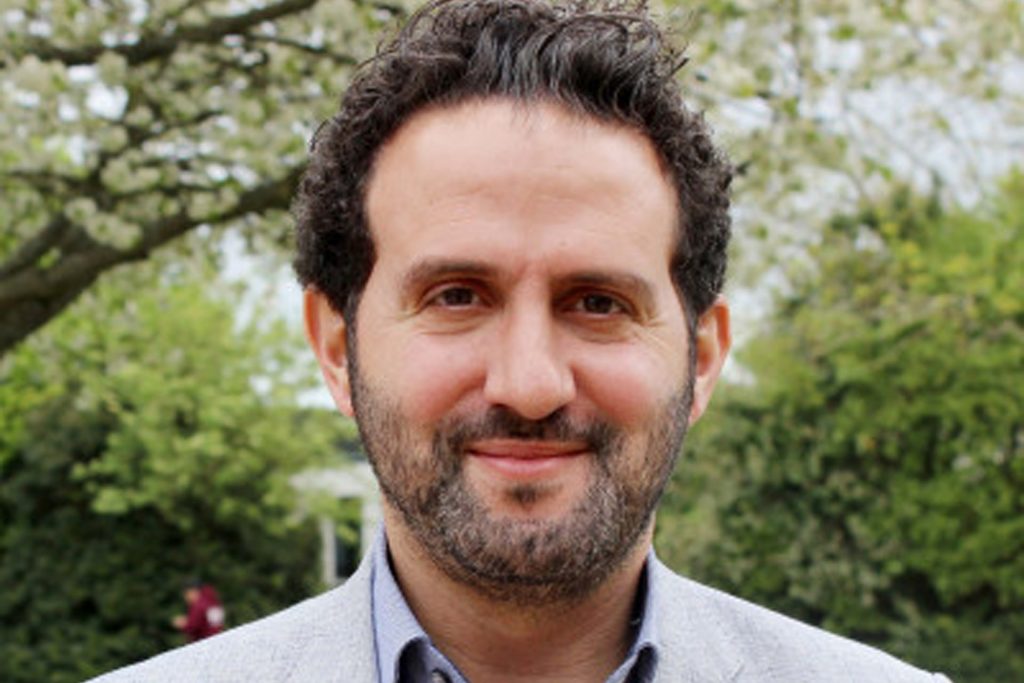Professor of Planning, and MA Urban Planning and Resilience programme director, Samer Bagaeen, has written an essay titled, ‘Our participatory future’ in response to the theme, ‘The role of housing in supporting the most vulnerable in society’ for the Localis essay collection titled, ‘Building for renewal: Kickstarting the C19 housing recovery‘.
The collection, “encompasses how housing policy and the planning system could be directed to promoting opportunity and prosperity, building sustainable communities as well as supporting lives and engaging with society during the recovery.” It also seeks to answer the question, “What measures can be put in place to create an environment conducive to growth, enabling the housebuilding industry to get back to work safely and deliver the Government’s target of one million new homes by 2025?”
Professor Samer Bagaeen writes, “These are interesting times: people keeping at least two metres form each other; a substantial number of schools closed; all public gatherings cancelled; the UK Government and those around the world putting together ever-increasing stimulus packages; landlords not collecting rent; the homeless being told to stay put in hotels free of charge; and workers furloughed on full pay in some cases.
In more than one city, in England, local authorities went on the hunt for innovative solutions to seek ideas from their residents about the path for a green future. This was before the increasingly louder and louder calls for a green future in the post COVID19 world began to take hold. With pollution in some cities halving on account of the lockdown – lower vehicle emissions as people ditch their car, attention has also shifted to the carbon emissions caused by our built environment and what can be done to reduce these.
As a forum for sharing ideas, citizens’ climate assemblies have gained traction in cities like Oxford and Brighton and Hove. These assemblies bring together a small number of residents (50 in the case of Brighton and Hove), randomly selected to reflect local demographics, alongside a panel of advisors to help shape how a city could address the climate crisis and prioritise actions to take forward.”
Read more, and download the full essay collection here.

